Understanding the lifespan of a diesel engine is essential for vehicle owners, particularly those who rely on their vehicles for heavy-duty tasks. Diesel engines are known for their durability and long life, but many factors influence how long a diesel engine can run efficiently. This blog post explores what you need to know about diesel engine longevity, including how to make it last longer and when it might need to be replaced.
Diesel engines are built to last, especially when compared to petrol engines, due to their design and construction. How long diesel engines last depends on a variety of factors, including maintenance practices, driving habits, and the quality of the diesel fuel used. Diesel engines are often found in commercial vehicles and machinery because they can handle high-stress tasks like towing, heavy loads, and long-distance driving.
For vehicle owners, especially those who rely on their diesel engines for work or long-haul travel, understanding how long a diesel engine lasts is essential for planning vehicle maintenance, repairs, and replacements. Diesel engines tend to be more expensive to repair or replace compared to their petrol counterparts, so knowing how long you can expect your engine to last can help you prepare for any necessary maintenance or upgrades.
The distance a diesel engine can cover is largely dependent on the type of vehicle, how it is used, and the care it receives. Light-duty vehicles like passenger cars typically have a lifespan of 300,000 to 500,000 kilometres. However, in commercial applications such as trucks or buses, diesel engines are often built to last much longer. These engines, when well maintained, can easily exceed 500,000 kilometres and may even go beyond 1 million kilometres in extreme cases.
In terms of years, most diesel engines last between 15 to 20 years if maintained properly. However, driving habits, environmental conditions, and usage patterns play a significant role in how long the engine can continue to perform. For example, vehicles used for long-distance travel or commercial tasks will often experience greater wear and tear. Regular servicing and careful operation can help extend the engine’s lifespan, ensuring it remains in good working order for a longer period.
Several factors influence how long a diesel engine lasts. While the engine’s design and quality are crucial, how it’s used and maintained will have an even greater impact on its lifespan. In this section, we’ll explore the major elements that contribute to the longevity of a diesel engine.
Routine maintenance is perhaps the most critical factor in determining diesel engine life expectancy. Regular servicing, such as oil changes, fuel system cleaning, and replacing worn components like filters, can prevent the build-up of harmful deposits that could lead to engine failure. Diesel engines that are regularly serviced will typically last longer, as small issues are addressed before they become major problems.
Additionally, checking for leaks, replacing timing belts, and inspecting the exhaust system can help improve the overall performance of the engine. Following the manufacturer’s service recommendations is essential to ensure the engine remains in good working order.
The way a vehicle is driven has a significant impact on the lifespan of the diesel engine. Driving habits such as frequent hard accelerations, heavy towing, or driving at high speeds for extended periods can accelerate engine wear. On the other hand, smooth, consistent driving at moderate speeds can help the engine run more efficiently and last longer.
Environmental conditions also affect the engine’s longevity. For instance, extreme temperatures, frequent short trips, and stop-and-go traffic put additional strain on the engine. In these conditions, the engine may not have enough time to reach optimal operating temperatures, which can increase fuel consumption and lead to excessive wear on engine parts.
Fuel quality directly impacts how long a diesel engine lasts. Poor-quality or contaminated fuel can cause issues like blocked fuel injectors, poor combustion, and engine misfires. Over time, these issues can lead to significant damage to the engine. It’s important to use clean, high-quality fuel and ensure that the fuel system is regularly checked for contaminants.
Additionally, the type of fuel used also matters. Some diesel engines are designed to work better with a specific type of diesel fuel (e.g., ultra-low sulphur diesel). Using the wrong type of fuel can decrease the engine’s efficiency and longevity. Always follow the manufacturer’s fuel recommendations to ensure optimal engine performance.
The design and build quality of a diesel engine play a vital role in determining its lifespan. Modern diesel engines are often built with advanced materials and technology that increase durability and improve efficiency. These engines are designed to withstand the high pressures and stresses associated with diesel combustion.
In contrast, older or poorly built engines may be more prone to wear and failure over time. Engines designed for commercial use tend to be built with higher-quality materials and stronger components, allowing them to last longer than those in passenger vehicles.
A deteriorating diesel engine will often show signs of wear long before it reaches the end of its life. Recognising these early signs can help prevent more serious issues from developing. In this section, we’ll look at some common symptoms that may indicate your diesel engine is no longer performing optimally.
As a diesel engine ages, there are several signs that it may be starting to deteriorate. Excessive exhaust smoke, decreased power, and reduced fuel efficiency are all common symptoms of wear. Unusual noises, such as knocking or rattling sounds, could indicate that the engine’s internal components are suffering from excessive friction or that there’s a problem with the fuel system.
If a diesel engine is experiencing significant issues or showing signs of severe wear, it may be time to consider an overhaul or even a full replacement. Overhauling the engine involves disassembling it, cleaning the components, and replacing any parts that are worn or damaged. This process can restore the engine to optimal performance, but it can be costly and time-consuming.
In some cases, replacing the engine entirely may be more economical, especially if the vehicle has reached a point where further repairs would be too expensive. A qualified mechanic can help determine whether an overhaul or replacement is the best option based on the engine’s condition.
Taking steps to maintain your diesel engine properly can significantly extend its lifespan. In this section, we’ll discuss some of the most important practices for preserving your diesel engine and keeping it in top condition.
One of the best ways to extend diesel engine life expectancy is through regular maintenance. Following the manufacturer’s service intervals and ensuring that oil, filters, and other essential components are replaced on time will prevent small issues from escalating.
Using high-quality diesel fuel and lubricants is crucial for maintaining engine health. Low-quality fuels can introduce impurities and contaminants that can cause long-term damage to the engine. Similarly, using the correct grade of oil ensures that the engine components remain properly lubricated, reducing friction and preventing wear.
To ensure your diesel engine lasts as long as possible, adopt smooth and gentle driving habits. Avoid rapid acceleration, excessive idling, and heavy towing unless absolutely necessary.
Diesel engines are built to last, with proper care and maintenance allowing them to endure for several hundred thousand kilometres. By understanding the factors that influence engine lifespan, recognising signs of deterioration, and following the right maintenance practices, you can ensure that your diesel engine remains reliable and efficient for years to come.
Taking proper care of your diesel engine will maximise its lifespan and improve its overall performance. For professional diesel engine servicing in Australia, Auramotive Mechanical offers expert services to help keep your engine running smoothly for years to come. Contact us now!

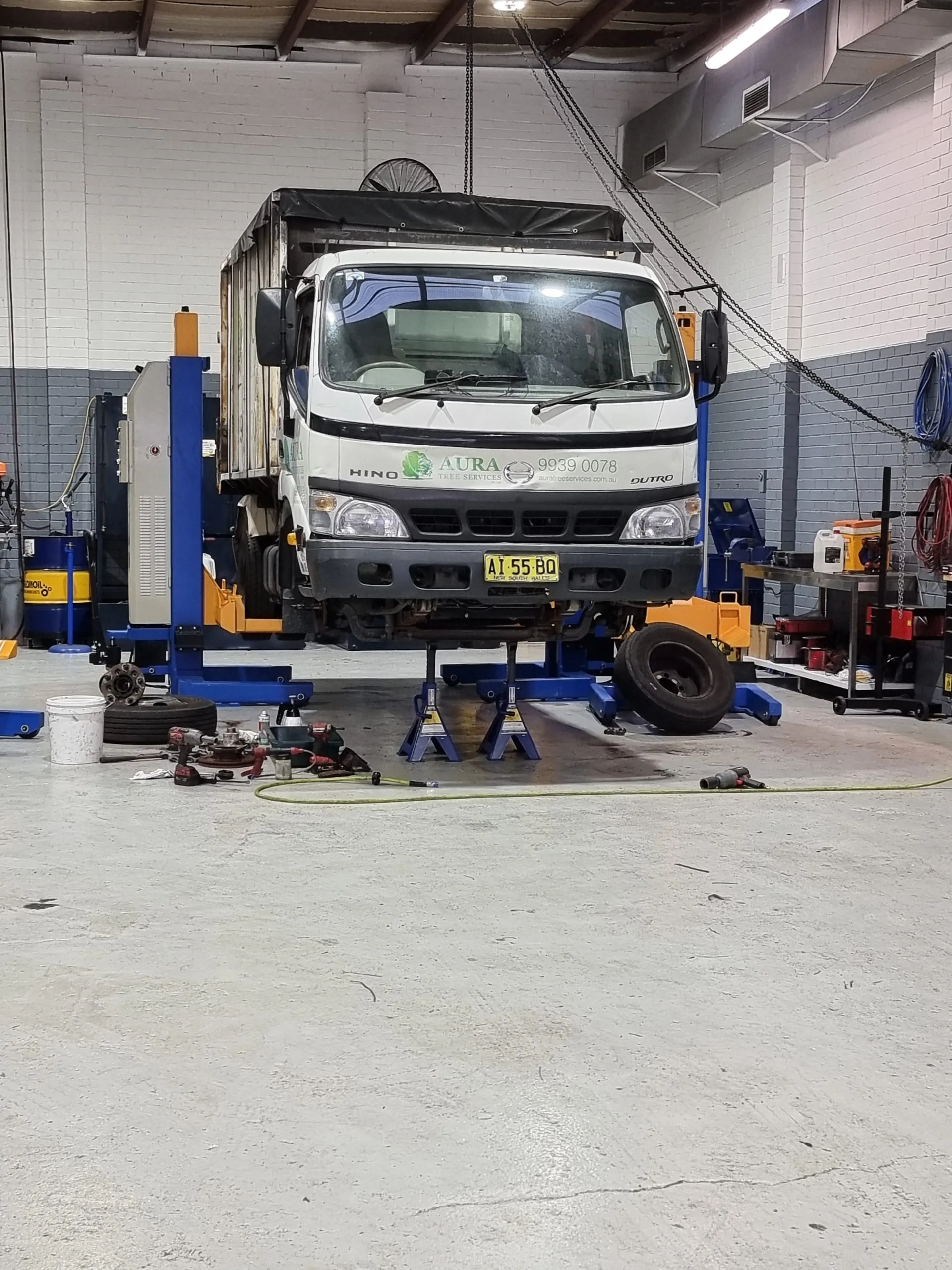
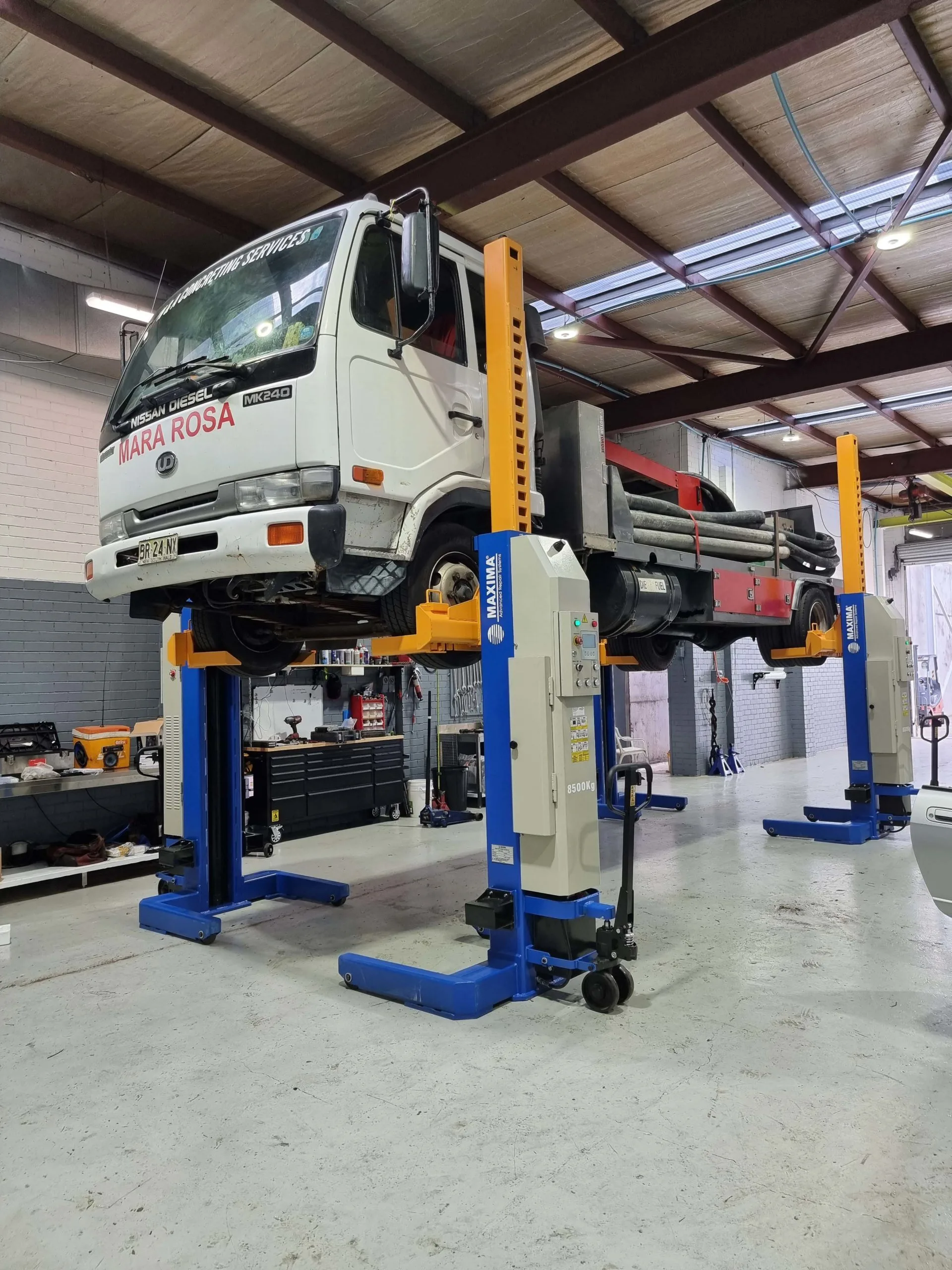
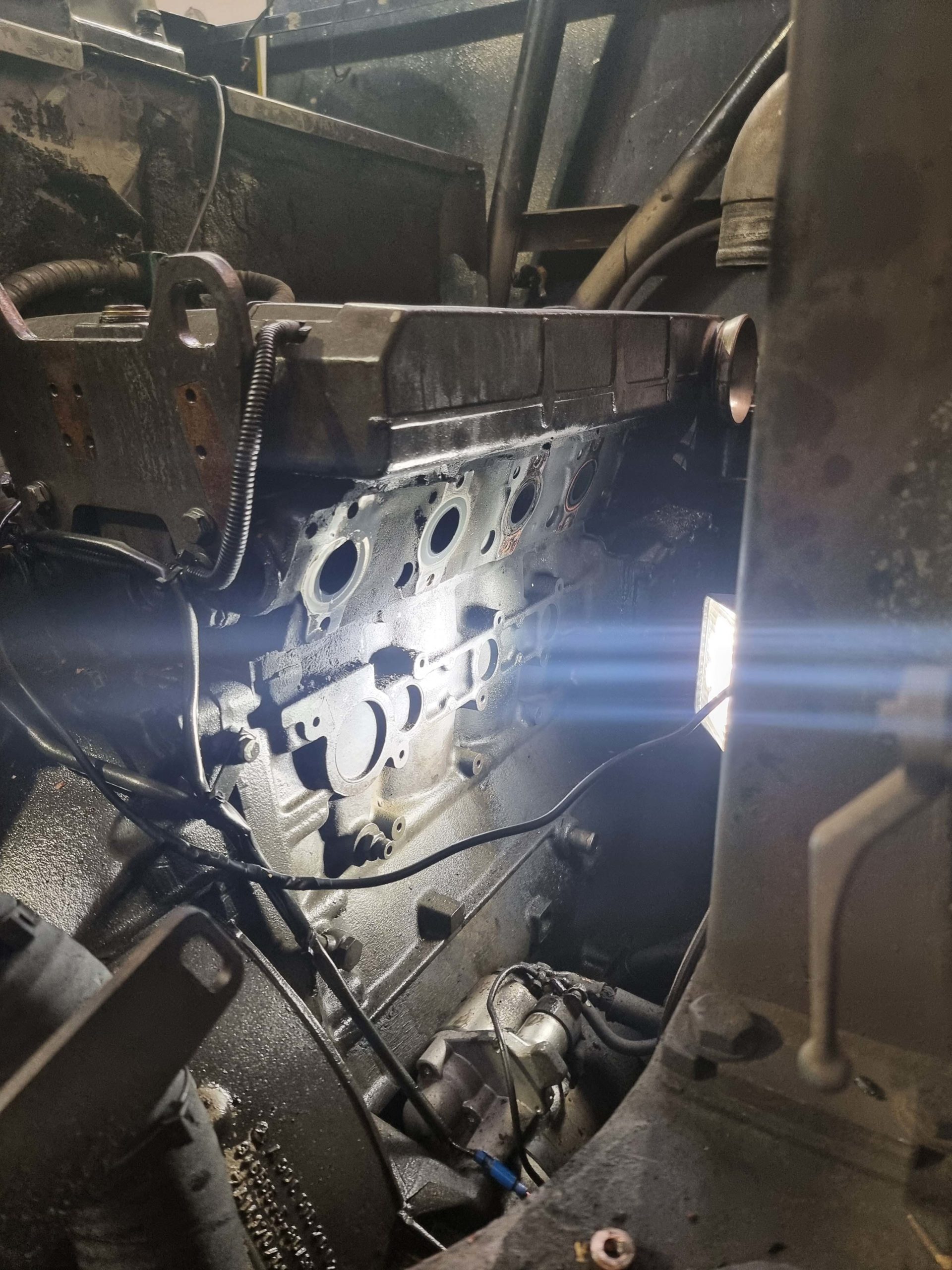
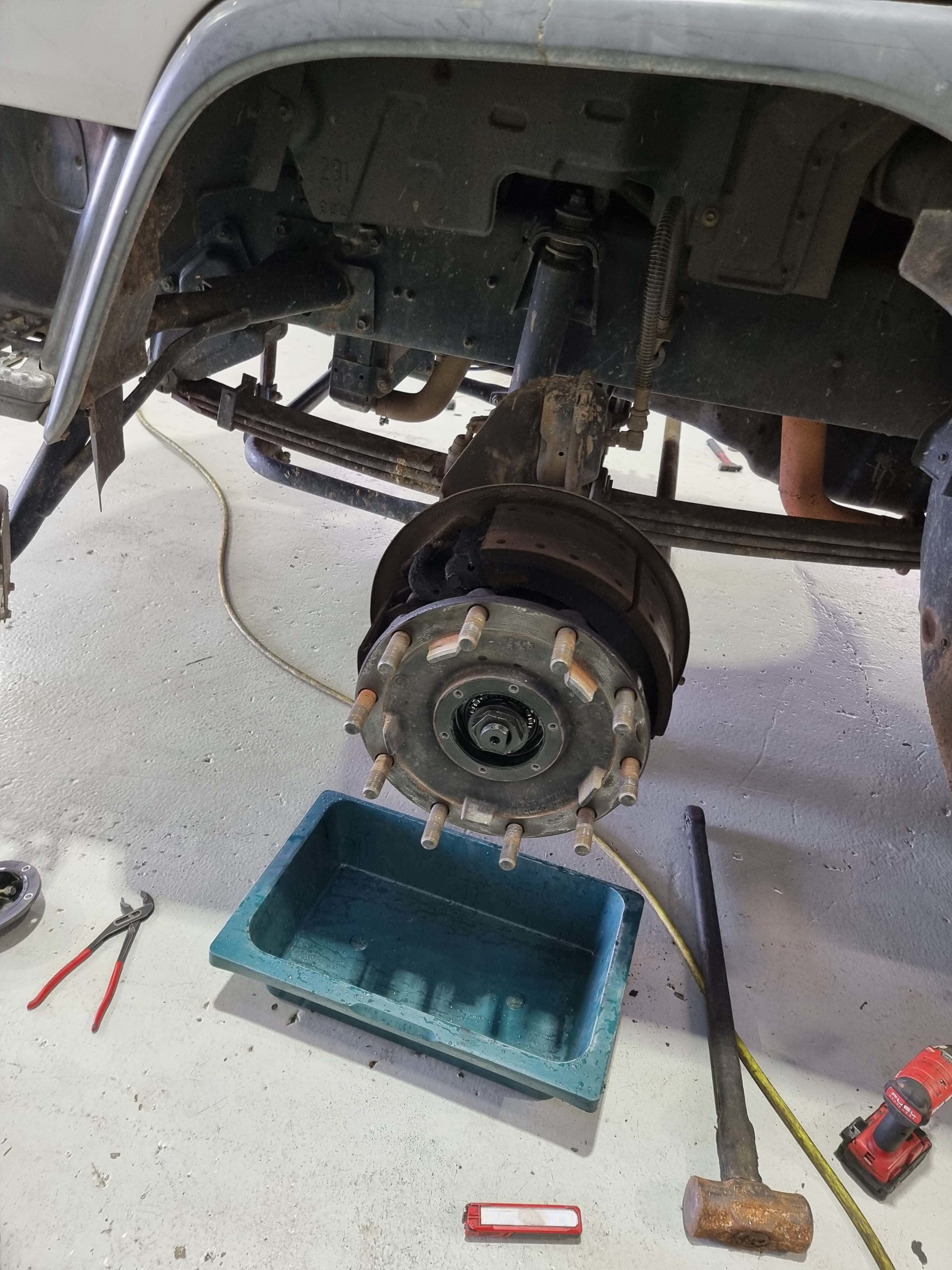
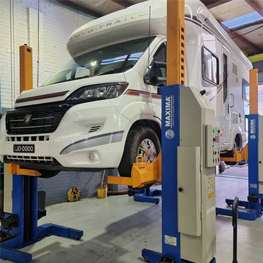
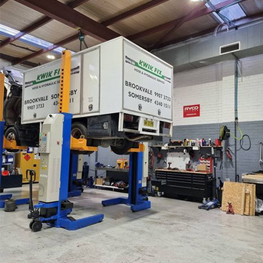
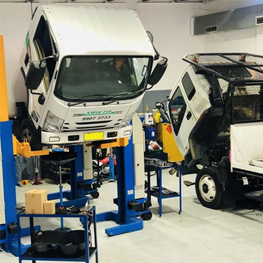
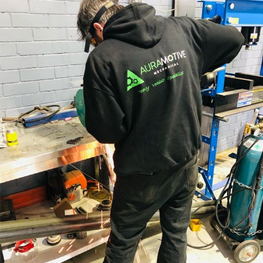
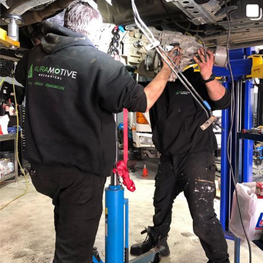
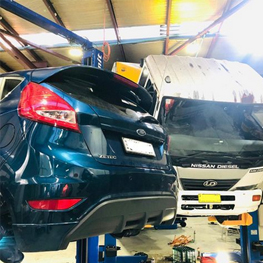
© Copyright 2024 – Auramotive Mechanical